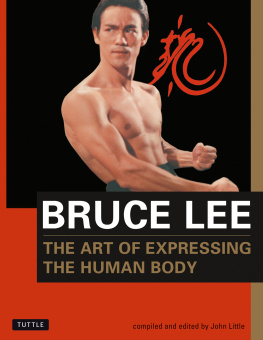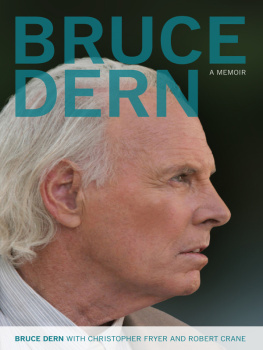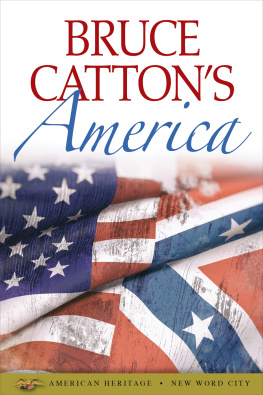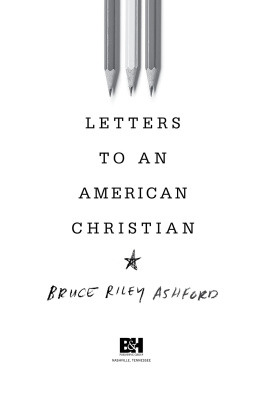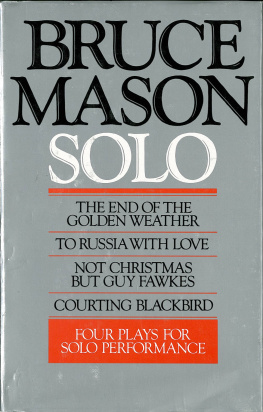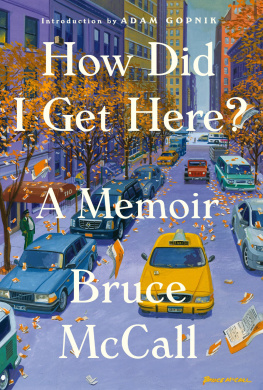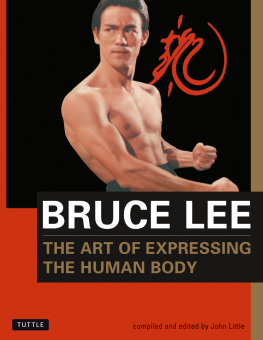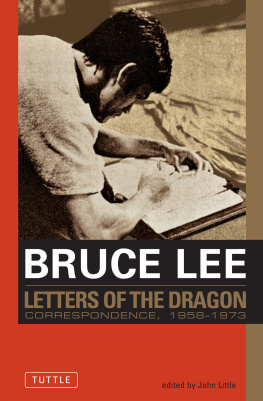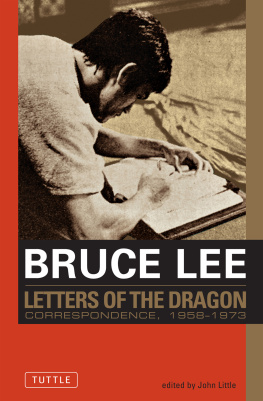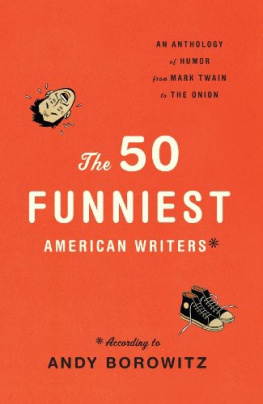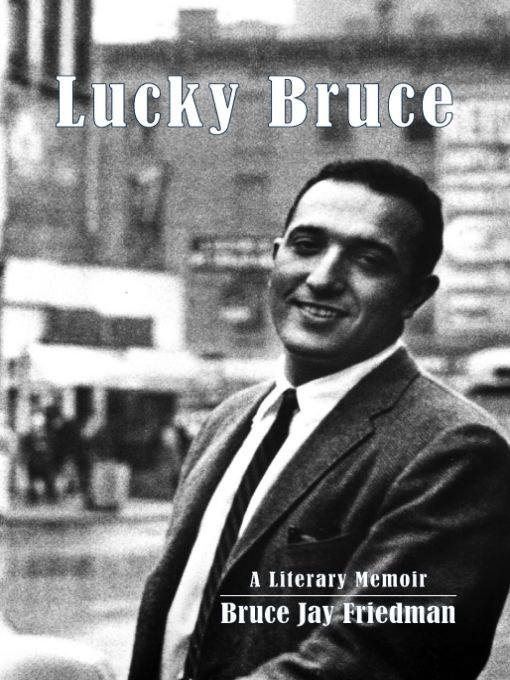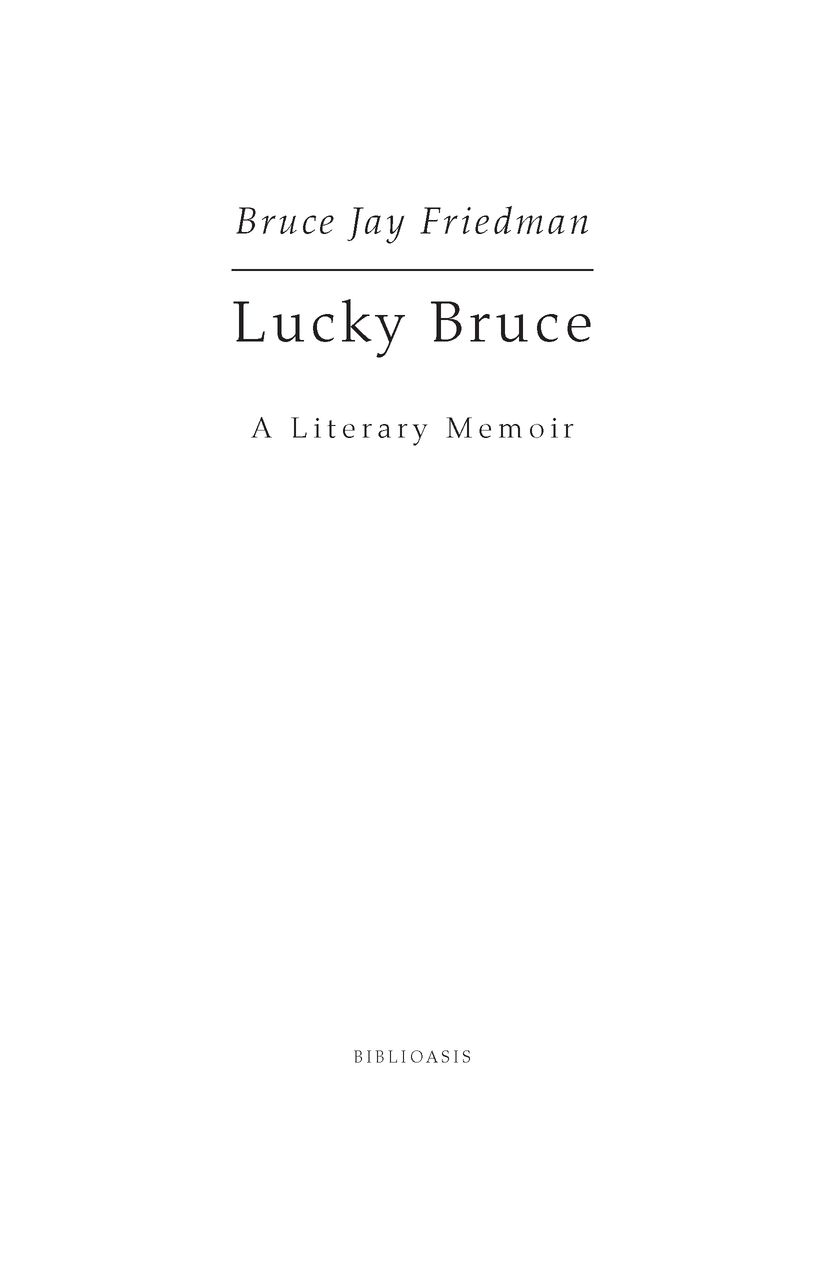Table of Contents
Also by Bruce Jay Friedman
NOVELS
Stern
A Mothers Kisses
The Dick
About Harry Towns
The Current Climate
The Lonely Guys Book of Life
Tokyo Woes
A Fathers Kisses
Violencia
SHORT FICTION
Far From the City of Class
Black Angels
Lets Hear it for a Beautiful Guy
Black Humor(Anthology)
The Collected Short Fiction of Bruce Jay Friedman
Three Balconies: Stories and a Novella
SCREENPLAYS
Stir Crazy
Splash
Doctor Detroit
Fore Play
Steambath
PLAYS
Scuba Duba
Steambath
Have You Spoken to Any Jews Lately?
NON-FICTION
The Lonely Guy
The Slightly Older Guy
Even the Rhinos Were Nymphos
Sexual Penses
In memory of Mario Puzo and Joseph Heller
EXT. An apartment building in the Bronx. 1947.
Two mothers meet.
MRS. GIBSON: Im so excited. My son Richie is off to study medicine at Kentucky.
MRS. FRIEDMAN: Congratulations.
MRS. GIBSON: What about Bruce?
MRS. FRIEDMAN: Hes going to be a writer.
MRS. GIBSON: (considers, shrugs) Oh well, we cant always get what we want.
Manhattan... 1980
What concerned me most was the dry cleaning. When I dropped off my clothing, Id made the mistake of announcing that I had written the film. There was a pretty girl in the store. I may have been trying to impress her. I was trying to impress her. Now I was afraid to leave the apartment. People on the street would stare at me.
That turkey that just opened? Theres the fellow whos responsible for it.
I asked my wife Pat if she would please pick up the dry cleaning.
Vincent Canby had enjoyed my books and plays. But writing in The N.Y. Times he had described Stir Crazy as an energetic mess.
That takes care of that, I thought. Unless there are people who are chomping at the bit to see an energetic mess, I might as well bury the body.
Still, it occurred to me, as the day moved along, that a few friends, acting out of loyalty and compassion, might have braved a viewing of the movie.
I hailed a cab. The driver had just moved to the city from a trailer park in North Carolina. I congratulated her on the move and asked if she would drop me off at Cinema One and wait while I spoke to someone at the box office.
I asked the man in the booth if he had gotten rid of any tickets for the six oclock show.
Its sold out.
That was odd. Probably a benefit of some kind.
What about the eight oclock?
Not a ticket left.
That was strange as well. Must have been a lot of benefits that time of year.
I asked my trailer park friend to take me up to the Triplex on Eighty-Sixth Street. There, I saw a line down the street, stretching far off in the distance. Clearly they were there for another film.
I asked a young man what he was waiting to see.
Stir Crazy, you fool. Why else would I be here?
I called Josh, the eldest of my three sons, who lived in the Broadway area.
Dad, he said. I had to get away from the theater. The people who couldnt get tickets were rioting and breaking down the police barriers.
Stir Crazy became the biggest-grossing comedy at the time in Columbia Pictures history.
All of this puzzled me.
I asked a friend and veteran producer, Martin Ransohoff, to explain the phenomenon.
They can smell it, he said.
1
New Yukkeh, they tahd and Proustian. We goan be bold and Tolstoyan.
From an inspirational speech to the author by
Capt. George B. Leonard, editor of Air Training
magazine.
Its been alleged by some a few, and certainly not an entire horde of enthusiasts that Ive had a glittering career. For a writer, that is. If so, I never stopped to examine it. It was always on to the next story, the next adventure or, more than likely, the next mortgage payment. Now, with the lights dimming a bit, it might be time to consider that this career Ive been cobbling together none of it planned might actually have had a touch of glitter to it.
It all began for me, in a literary sense, during the Korean War. We werent quite part of the Great Generation, having missed out on World War II by a decade or so. Still, I thought of us as being a reasonably great generation. There was a war going on, albeit a dreary affair. The Korean War had very little panache to it. It was mostly about huddling on hillsides, blowing on your hands and losing toes to frostbite. There would be no heroic storming of the beaches at Anzio, with John Wayne egging us on. Still, it was a war, the only one we had. The country called, and off we went, with no thought of slipping across the border to hunker down in Ontario until it blew over. The questioning would come later, with the war that followed.
I was finishing up a degree in Journalism at the University of Missouri in 1951, awaiting the call to be drafted, then shipped across the Pacific and no doubt expected to shoot Koreans. I could barely find Korea on the map and had no wish to shoot at its inhabitants. On the contrary, my fantasy was that one of their finest sharpshooters would be lurking in a tree, prepared to pick me off the moment I stepped off the plane. Such ego. And that would be it for me, at twenty-one, the only vestige of my literary life being an essay Id written for a freshman English class on Hemingways Lost Generation.
Were they really all that lost? Id asked, in a precociously revisionist spirit. Or were they just swanning around, pretending to be lost?
It was a glum time for me. In a devil-may-care spirit, I threw away what little money I had in all-night poker games and had a spiritless affair with a Stephens College history major. As we made love, or what passed for it, she said: You dont really care much for this, do you?
I took the last of my journalism classes, which required that I memorize the names of editors of turn-of-the-century farming weeklies. I was also expected to sprint through the halls carrying hot linotype from a printer to the editor of the local newspaper. As an elective, Id taken a course in Serbo-Croatian cabals; here again, the cabals were carried off at the turn of the century. And thus would I go to my grave, fortified by a knowledge of turn-of-the-century farming weeklies and Serbo-Croatian cabals.
Sensing my desolate state, my mother arranged to meet me in Chicago and to see to it that I had a pleasant weekend before facing whatever darkness lay ahead.
You need some fun in your system, is the way she put it.
Fun was the operative word in her life. As she lay dying, on a couch, in 1973, wearing a bathrobe and puffing on one of her beloved Chesterfield cigarettes, she said: Dont have any sympathy for me, darling. Ive had my fun.
There we were in 1951 Chicago, which might not be the coldest place on earth, but in my experience it might as well have been. Despite the best efforts of the Drake Hotel to keep us comfortable, I felt chilled to the bone for the entire weekend. Years later, on an assignment for


